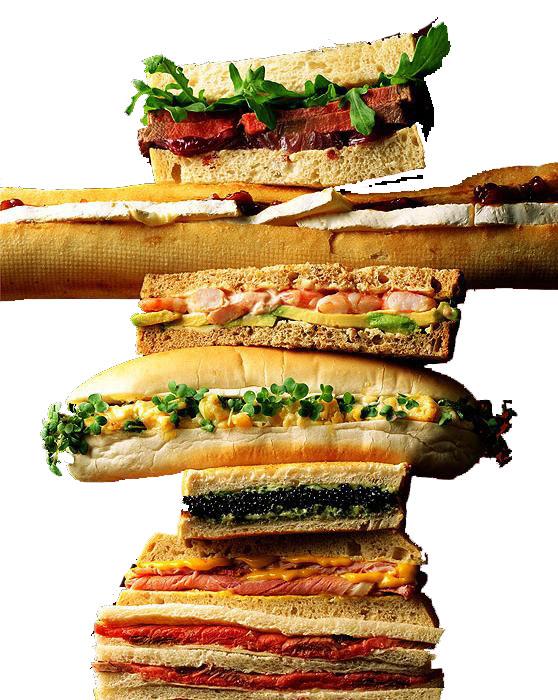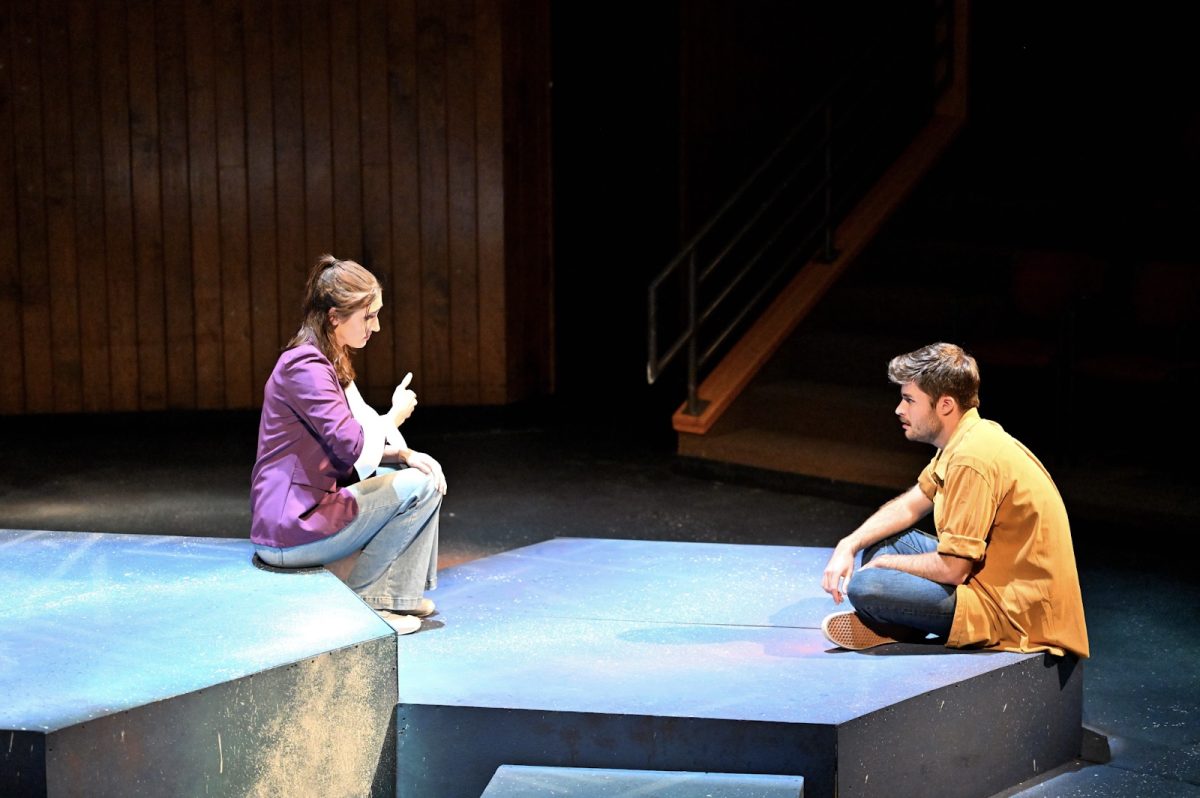The sweet smells of homestyle cooking meet anyone who enters Murphy’s Lunch in downtown Winston-Salem. A first glance into the restaurant offers a view of collard greens, fried okra, pork chops and other southern staples which line the stretch buffet just to the left. Behind the buffet sits a grill with sizzling burger patties, hash browns and other grilled items on the menu.
While the options are plentiful, everything on the menu has one thing in common: affordable cost. A full breakfast with eggs, bacon, hash browns, a biscuit and a drink comes to $5.01. An all-the-way burger with fries and a drink pushes just over $7.00.
“Murphy’s is what I look for in a lunch spot,” says Scott Weiss, a senior at Wake Forest who frequently travels downtown for a meal. “Great food, a good atmosphere and it barely cost me $5.”
With the recent developmental success of downtown, more restaurants arriving means more competition for long-standing lunch spots like Murphy’s Lunch, Courtside Cafe and Downtown Deli. However, in the midst of this increase in competition, these lunch counters are thriving. One owner says the key to this success is knowing the market and sticking to what has kept lunch counters in business for so many years: personal relationships with customers.
Thomas Strates owns Courtside Café, a restaurant offering affordable meals to those downtown for over 30 years, and he understands the potential impact of this increase in competition.
“In the restaurant business as a whole, it’s hard because you have these power houses coming in,” he says. “In all honesty, how many small businesses are going to survive?”
Even with competition higher than ever, Strates doesn’t see the influx of restaurants as the end of business for restaurants like his. Rather, he says it reminds him how important customer relationships are.
“I really push on service and meeting the customers,” says Strates. “Winston-Salem is very saturated with restaurants at the moment so actually having a personal relationship with your customer means a lot. You have to meet every customer that comes in the door.”
Meeting “every customer” involves a full spectrum of Winston-Salem locals from many walks of life. The restaurant got its name from a history of serving those working at the court house downtown for over three decades. However, Strates says the low prices bring in all types of people from all over Winston-Salem seeking a quick, affordable meal.
“Almost anywhere you go now you’re looking at 10 to 15 bucks a person,” he says. “Here, for seven or eight bucks, you can walk out with a full course meal.”
A glance at the menu shows these claims to be true. The most expensive item, a grilled chicken breast sub, rings up to just $6.59.
Diane Lackey who works downtown and goes out frequently for lunch breaks appreciates these qualities that lunch counters have brought downtown for so many decades.
“It’s convenient and it’s inexpensive,” she says. “Today I got a huge salad from Courtside for only $5.50.”
Lackey has worked at the Wells Fargo downtown for over eight years and says her favorite downtown lunch spots are Courtside Café and Murphy’s Lunch. She says she enjoys the new restaurants that have opened downtown in recent years; however, she doesn’t think the competition will affect these restaurants that she is used to visiting for lunch.
“I don’t think new restaurants hurt their clientele at all,” says Lackey. “They serve a different type and price range of food than other places so I don’t see them going anywhere.”
Jason Thiel, president of the Downtown Winston-Salem Partnership, agrees with Lackey that lunch counters serve a different market. He credits this difference to their unique history in the downtown community.
“When there was nobody but office workers, there was only a market for lunch,” says Thiel. “This allowed a small group of mom-and-pop restaurants to do breakfast and lunch on weekdays but not dinner.”
However, when the downtown population shifted from just workers to also residents and evening visitors, Thiel says a new market emerged.
“Now it’s common to see restaurants only open for dinner,” he says. “The point still remains that the food industry is changed by the way of the market and there’s a lot more choice and competition.”
Thiel eats at Murphy’s every Friday, which he says has become a part of his weekly routine. He comes for his favorite meal, a full grilled chicken breast, and doesn’t see competition as a disadvantage to lunch counters.
He remembers when one popular lunch counter, The Dill Pickle, closed two years ago and says the closing wasn’t due to an increase in competition but rather personal reasons from the ownership. In fact, he sees the competitive market as an advantage for lunch counters.
“Often people are attracted to a cheaper cost and a simple environment,” he says. “Everyone’s having to separate themselves from competition, so the ones that have been there a long time have the advantage of already having an established clientele.”








